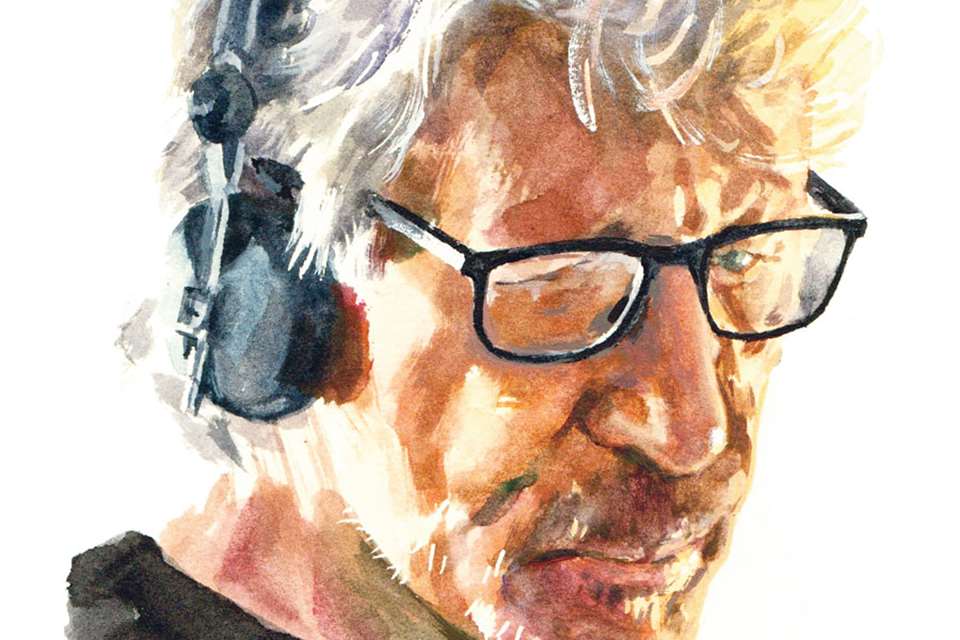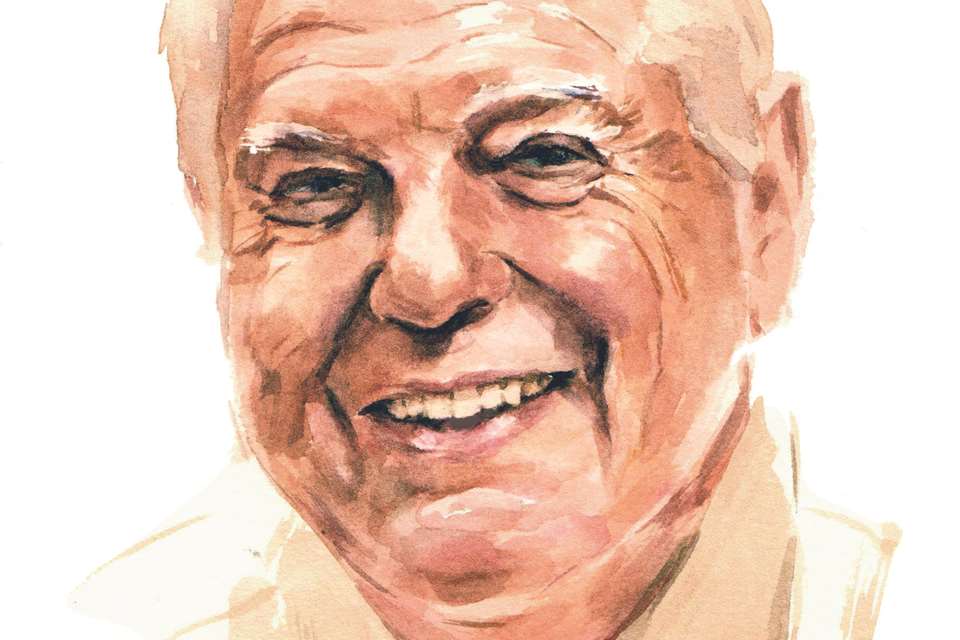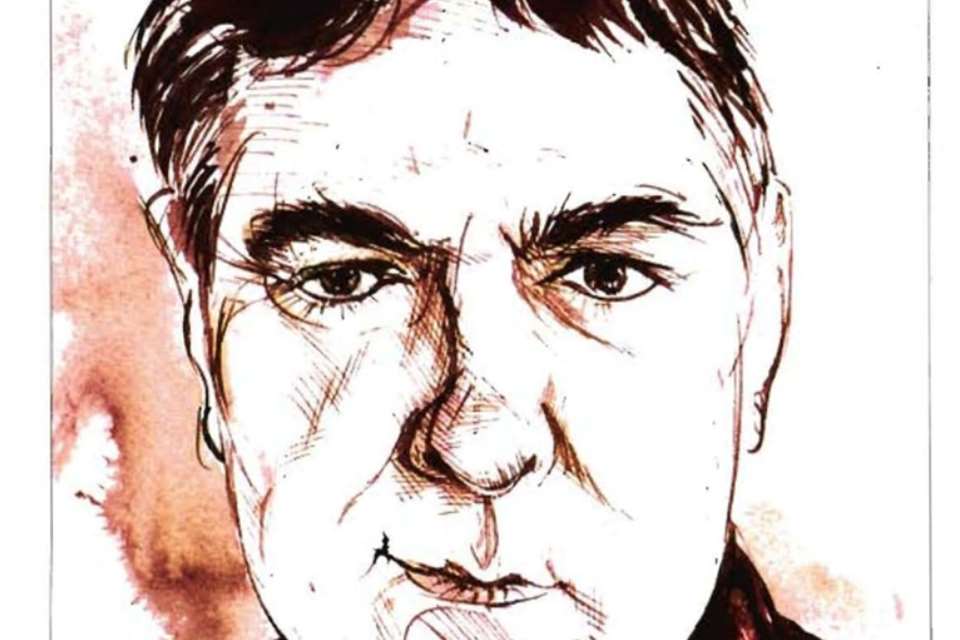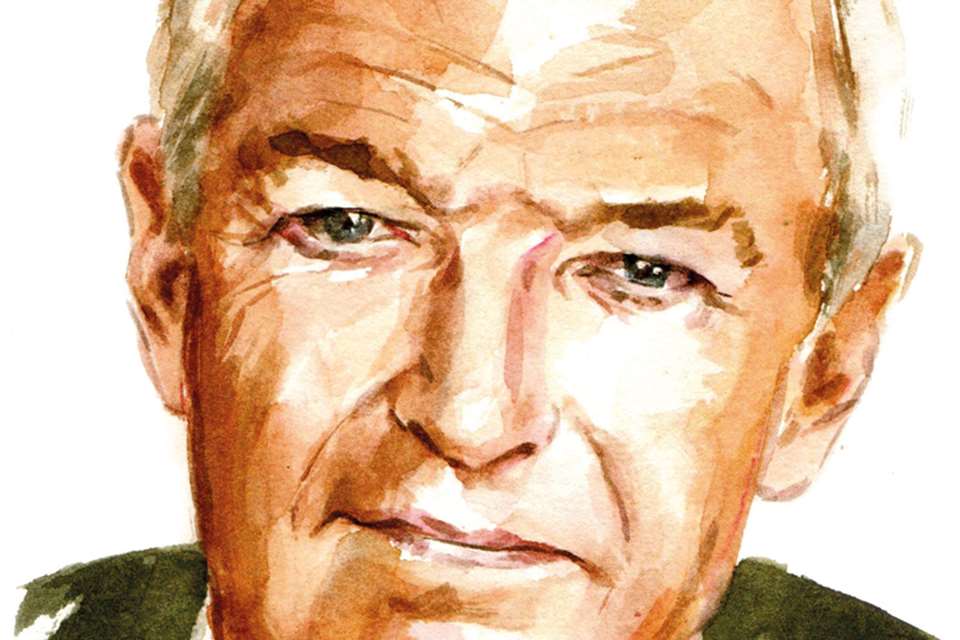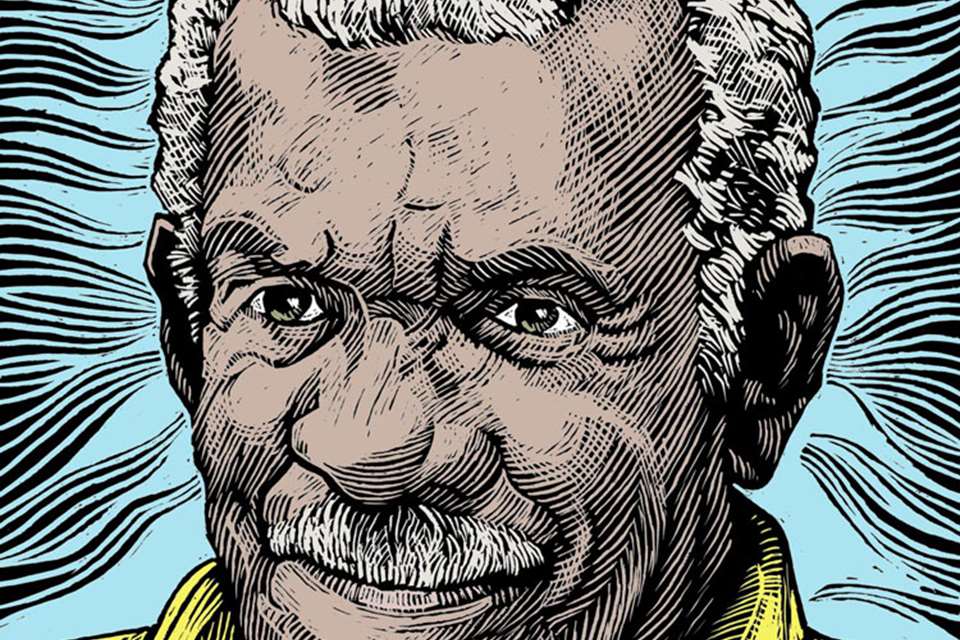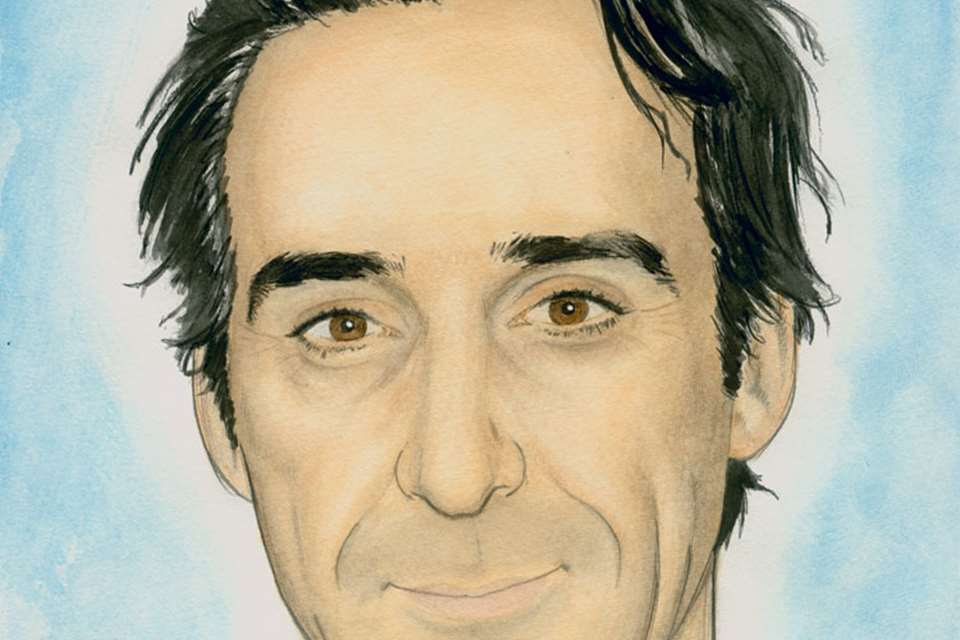Cornelia Funke | My Music: ‘Music is the most perfect time machine’
Monday, March 29, 2021
The children’s author on the relationship between music and her writing
![[illusstration: Philip Bannister]](/media/217508/cornelia-funke.jpg?&width=780&quality=60)
Register now to continue reading
Thanks for exploring the Gramophone website. Sign up for a free account today to enjoy the following benefits:
- Free access to 3 subscriber-only articles per month
- Unlimited access to our news, podcasts and awards pages
- Free weekly email newsletter




